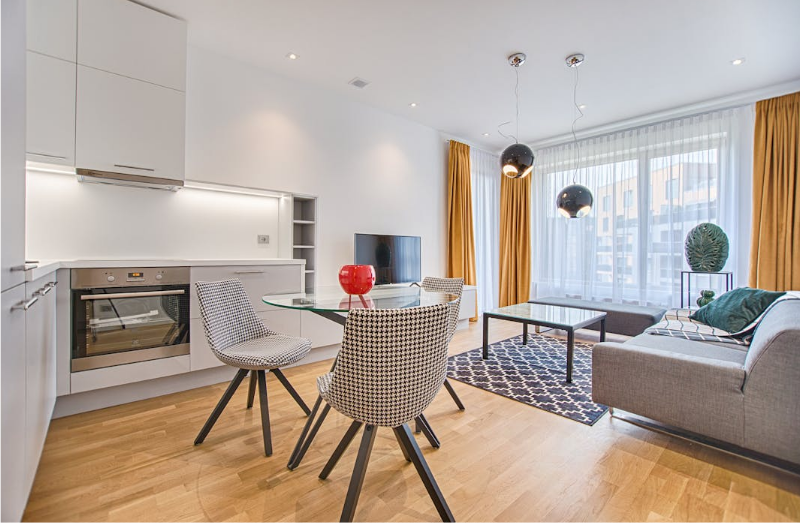Managing Tenant Disputes: A Professional Approach by Property Managers
In the rental industry, disputes can arise from misunderstandings, maintenance issues, or other concerns. Effectively addressing these matters is essential to maintaining clear communication, fostering positive relationships between property owners and tenants, and ensuring a well-managed, harmonious living environment. Property managers adopt a structured approach to resolve tenant disputes, balancing fairness while safeguarding the interests of all parties involved.
Here are key strategies employed by property managers to handle tenant disputes:
Timely Response to Tenant Concerns
Responding promptly to tenant concerns is critical in preventing disputes from escalating. By addressing issues quickly, property managers demonstrate a commitment to problem resolution. Timely communication not only reassures tenants that their concerns are taken seriously but also strengthens trust and collaboration, contributing to long-term tenant satisfaction.
Clear and Effective Communication
Open and respectful communication is the foundation of effective dispute resolution. Property managers prioritize transparent dialogue to fully understand the perspectives of all parties involved. By actively listening and ensuring all voices are heard, they create an environment that encourages finding practical, fair solutions.
Reviewing Lease Agreements
Lease agreements play a central role in resolving many disputes. Property managers refer to these documents to clarify the obligations of both tenants and property owners, helping to address misunderstandings or disagreements. Ensuring that resolutions are based on the established terms of the lease minimizes the potential for future conflicts.
Mediation Between Parties
As neutral third parties, property managers facilitate discussions between tenants and property owners, or among tenants. Their objective perspective helps to ease tensions and identify mutually acceptable solutions. Mediation fosters a sense of fairness and promotes long-term harmony within the property.
Detailed Documentation of Disputes
Maintaining comprehensive records of disputes is an essential aspect of professional property management. Property managers document the nature of the issue, all relevant communications, and the resolution process. This documentation ensures accountability and serves as a valuable reference for handling similar situations in the future, protecting the interests of both tenants and property owners.
Consistent Enforcement of Policies
Consistency in the enforcement of property policies is crucial for maintaining fairness and trust. Property managers ensure that all rules and regulations are applied equitably, without bias or favoritism. This approach helps to prevent disputes arising from perceived unfair treatment and reinforces reliability in property management practices.
Seeking Legal Advice When Appropriate
In disputes involving legal complexities, property managers seek guidance from legal professionals to ensure compliance with local laws and regulations. Consulting with experts helps to resolve issues efficiently while safeguarding the rights of both tenants and property owners. This is particularly important when dealing with lease violations or other legal matters.
For more information about property management services in Killeen, TX, visit Hunter Rentals & Sales at 3207 E Stan Schlueter Lp, Killeen TX 76542, United States, or call (254) 634-3311. You can also visit www.hunterrentals.com and connect on Facebook and Instagram for the latest updates.







